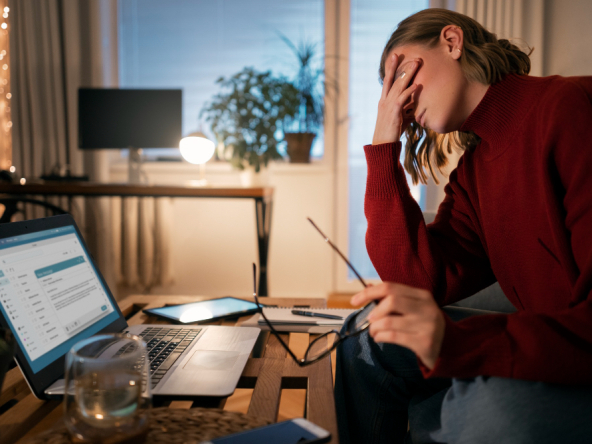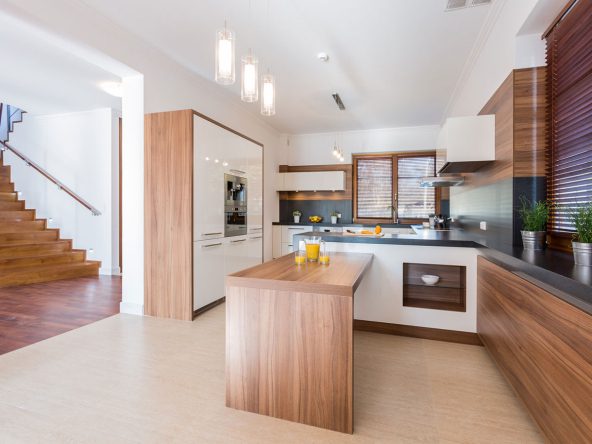Routine rental inspections are a normal part of renting in Victoria, and they shouldn’t be a cause for alarm. These brief check-ups help ensure your home is being cared for and any maintenance issues are caught early. In fact, they benefit tenants as much as landlords by preventing small problems from becoming big ones. Here’s a friendly guide on how routine inspections work under Victoria’s rental laws, and what you can expect.
Why Do Routine Inspections Happen?
Routine inspections are done to make sure the property is being maintained in good condition and to see if any repairs are needed. They’re not about judging your housekeeping or personal lifestyle – the focus is on the property’s overall condition (like damage or safety issues), rather than any minor mess. Think of it as a quick health check for the property. It also gives you a chance to point out any maintenance concerns you’ve noticed, so they can be addressed promptly. By finding and fixing issues early, inspections help keep your home safe and comfortable for you.
How Often and When Do Inspections Occur?
In Victoria, the law limits how often a rental provider (landlord) or agent can conduct routine inspections. The first inspection cannot be done until you’ve been in the property for at least 3 months, and after that, no more than once every six months. In practical terms, this usually means inspections happen twice a year at most. This frequency is set by the Residential Tenancies Act 1997 (Vic) to protect your peace and privacy.
You will always receive proper notice before an inspection. By law, you must get at least 7 days’ written notice of a routine inspection. The notice will state the date and roughly what time the property manager intends to come. Inspections can only occur between 8am and 6pm on a non-public holiday (unless you agree to another time), so there won’t be any surprise late-night or holiday visits. Typically, your property manager will work with you to find a suitable day and time, but even if the scheduled time isn’t perfect for you, you are required to allow access as long as the correct notice has been given.
Who Will Attend and How Will They Enter?
Generally, your property manager will be the one conducting the inspection. Sometimes the owner (rental provider) may choose to come along – they have a right to attend if they wish – but often it’s just the agent. You do not have to be home during the inspection if you can’t or prefer not to be. With proper notice, the agent can use their office set of keys to enter your property if you’re out. (They will always lock up and secure the property when they leave, of course.) If you are home, you’re welcome to stay; there’s no requirement for you to step out during the visit. Routine inspections are meant to be as non-intrusive as possible – they’ll be done during normal hours and finished promptly so you can get on with your day.
Tip: If you have pets, let your property manager know in advance. You might need to secure your furry friends in a safe space or be present to keep them calm. This ensures the inspection goes smoothly for both the inspector and your pets.
What Happens During the Inspection?
A routine inspection is typically very quick – often around 10 or 15 minutes. It’s a visual walk-through of the property. The property manager will go through each room and the outdoor areas, checking that everything is in decent shape and that you’re keeping the place reasonably clean and damage-free. This isn’t a white-glove test for dust; normal living clutter is okay. They’re mainly looking for any maintenance issues (like leaks, signs of damage, or safety concerns) and that you’re taking care of fixtures and appliances that came with the property.
The property manager may take some photos and notes as they go, but these are generally about the property’s condition, not your personal belongings. Photos help document things like a cracked tile or a garden issue for the inspection report. If everything looks good, photos might simply show that the property is tidy and well-maintained. Rest assured, the purpose of taking pictures is to provide evidence of the property’s state (for the landlord’s reference) and to highlight any maintenance that might be required. There is no intent to photograph your family photos, laundry pile, or other personal items – and professional agents are careful to avoid including your personal belongings in any images they capture.
Respecting Your Privacy
It’s natural to feel a bit uneasy about someone coming into your home, but rental rules and good practice ensure your privacy is respected. Property managers are only allowed to enter for legitimate reasons and with proper notice, and they must act reasonably while inside your home. During a routine inspection, they will not go through your drawers, closets, or personal storage. They will only inspect parts of the property that are relevant to its condition.
If you’re away during the inspection, you can trust that the agent will treat your space respectfully. They are bound by professional standards (and often by law) to only spend the time needed and not linger without reason. After checking each area, they’ll make sure to lock up and leave things as they found them. Your right to “quiet enjoyment” of the property means they can’t intrude on your life beyond these brief, agreed-upon visits.
After the Inspection: Reports and Follow-Up
Once the inspection is done, the property manager will typically prepare a short report for the landlord about the property’s condition. This report will note if everything is in good order or if any issues were observed. It usually includes a few photos and comments room by room. As a tenant, you might not automatically receive a copy of this routine inspection report (since it’s primarily for the owner’s records). However, if you’re curious about the results or any notes, you can always ask your property manager for feedback.
If the inspection identified any maintenance issues (for example, a leaky tap or a broken hinge you weren’t aware of), the agent will arrange with the landlord to have those fixed. They might reach out to you to schedule a repair visit if needed. This is a positive outcome – the inspection helped catch something that can now be repaired to improve your home. On the other hand, if the agent found something concerning about how the property is being kept (perhaps a serious cleanliness or damage issue that violates the lease), they will discuss it with you. In most cases, you’d be given a chance to remedy the issue. Only more serious or unaddressed problems would lead to formal warnings (like a breach of duty notice), which is quite rare when tenants are making a reasonable effort.
Remember: Routine inspections are not about trying to evict you or find faults – they are a regular part of property management to protect everyone’s interests. If you’ve been maintaining the place and communicating about any problems, you’re likely to hear “all good!” after an inspection.
At Cliquey Realty, we strive to make routine inspections transparent and stress-free. We’ll always give you proper notice and communicate clearly about what’s happening. Our team is there to answer any questions and work with you to address maintenance concerns. With the guidelines above, you can feel confident and prepared when that inspection notice arrives. It’s your home, and our goal is to respect that while keeping the property in great shape for you. If you have any questions or need clarification about routine inspections, please reach out – we’re here to help!





